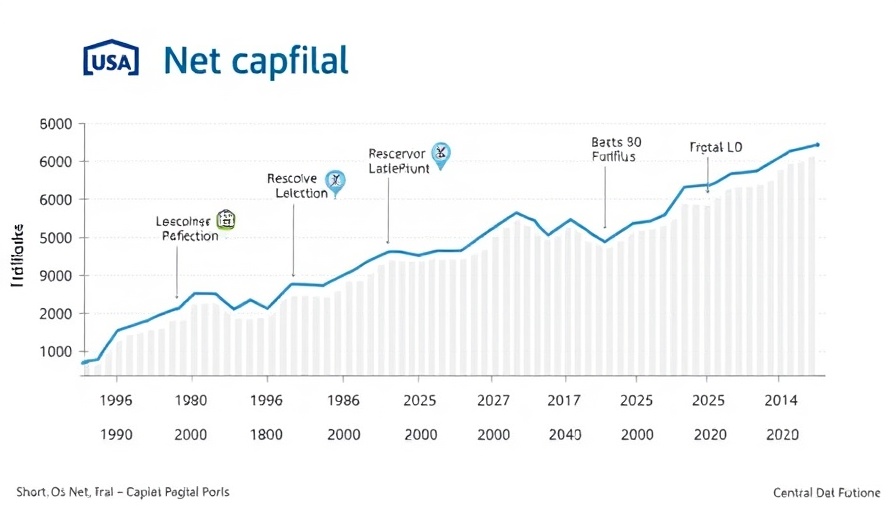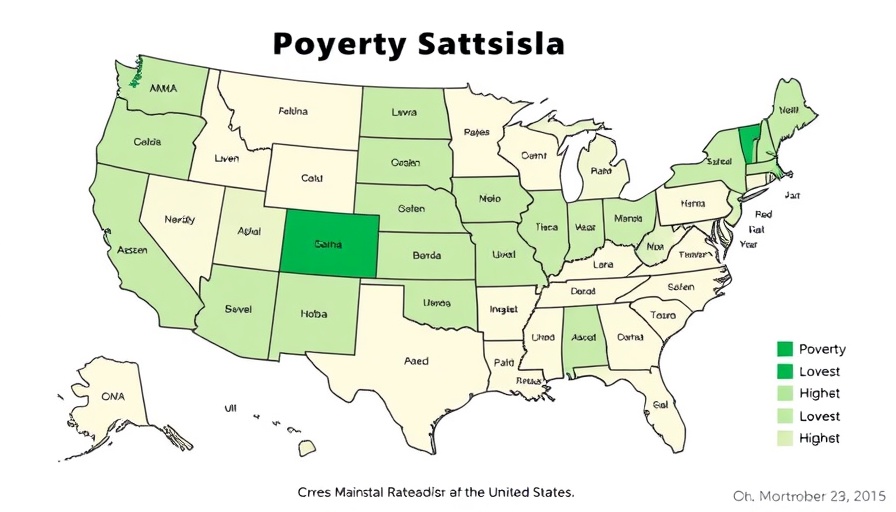
Understanding the Current Climate of War and Geopolitics
The recent military actions by the U.S. against Iran, particularly targeting its nuclear sites, have sent shockwaves through the financial landscape. Investors, especially those in major urban centers like Philadelphia, are left grappling with the uncertainty of how market dynamics shift in the wake of such geopolitical tensions. The interplay between war, tariffs, and international relations significantly impacts economic conditions, prompting a need for strategic financial management.
The Investor's Dilemma: Navigating Uncertainty
In times of international conflict, traditional investment strategies might no longer hold. As Sam Ro, a seasoned financial journalist and CFA, illustrates, discerning how to pivot in response to ongoing events is crucial. The key is to maintain a calm approach, analyze data-driven insights, and adapt investment strategies accordingly. This could involve diversifying portfolios or looking towards sectors less affected by geopolitical risks.
Lessons from History: War's Impact on Markets
Historically, wars have proven to create volatility in economies, often leading to downturns in stock markets. However, they can also open up new opportunities in defense industries and technology sectors that thrive amidst conflict. Understanding these patterns helps investors to better anticipate market movements and make informed decisions.
Global Tariffs: A Double-Edged Sword
Adding another layer of complexity, the recent surge in tariff announcements worldwide has further muddied the waters for investors. Tariffs can significantly alter the profitability of companies, particularly those reliant on international supply chains. Staying informed about these developments and their implications on domestic and international markets is paramount for economic success.
Emotional Fortitude in Investment Strategies
As uncertainty looms, maintaining emotional equanimity becomes vital for investors. Panic often leads to hasty decisions, which can severely damage financial stability. A clear-headed approach to investment strategy, focusing on long-term goals rather than immediate turmoil, is essential during such chaotic times.
Conclusion: Where to Go from Here?
Investors in Philadelphia, and beyond, should take a proactive stance towards education, seeking resources that empower them with the knowledge to navigate through these turbulent waters. Engage with financial experts, leverage reliable platforms like Sam Ro's Substack for insights, and keep an eye on global economic shifts to safely steer through the unpredictable landscape of war and tariffs.
 Add Row
Add Row  Add
Add 




Write A Comment